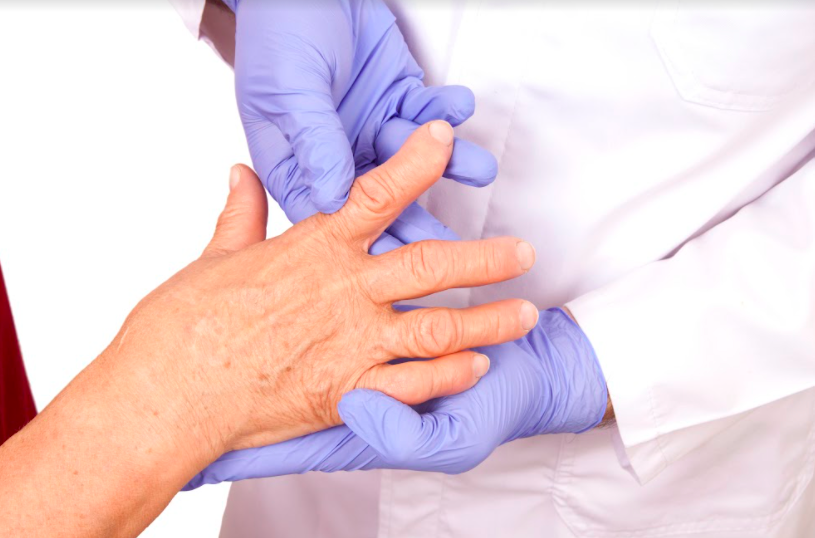We seek medical care to get better, but sometimes errors can happen and result in unnecessary avoidable harm. Any treatment and procedure carry inherent risk of harm, but this can be avoided and prevented if both patients and health care staffs become active members of the health care team. Taking an active role means taking part in every decision about your health care.
Follow us on Telegram for the latest updates: https://t.me/AsiaMDsg
Here are tips to get safer health care as patients:
- Keep in mind doctors and other health care staffs are merely human being, so they are also prone to making mistakes. This will safeguard yourself from potential human errors in receiving health care.
- Inform your healthcare provider about your health history. This includes:
- History of any illness
- History of hospitalization
- History of medication
- Any allergies or side effects of any medicines
- Current medicines (prescribed and over-the-counter drugs), supplements, vitamins, and herbs you take
- History of surgery
- History of treatment of any kinds
- For extra precaution, bring all your medicines and supplements to your doctor visits. This can help your health care provider keep your records up to date so you get better quality care.
- Ask questions and make sure you understand what your condition is. This includes:
- The name of your diagnosis
- What tests are being done, what are the results, what the results mean for your health
- The plan for your treatment
- What you can do (and should not do) at home to help improve your condition
- Do not be afraid to ask and clarify any terms you are not familiar with or understand. Doctors, sometimes, use medical jargon unintentionally.
- Make sure you can read your doctor’s prescription (if handwritten). If you cannot read it, chance is other people, i.e. pharmacist might not be able to read it either.
- Take charge of your medicines. Information you need to know regarding your medications:
- What is the name of the medicine (generic and brand name)?
- What is the medicine for (indication)?
- How do I take this (dosage and frequency, after/before/with meal)?
- How long do I take this?
- Is it safe to take this medicine with other medicines/supplements?
- What are the side effects?
- What to do if I miss a dose?
- What food, drink, or activities should I avoid while taking the medicine?
- Communicate with your pharmacist. Check if you receive the medicines your doctor prescribed. Check for the medicine labels and request your pharmacist to explain on how to use it. For example, ask if “three times a day” means taking a dose every 8 hours or on a specified time; ask how to measure “1 teaspoon” of liquid medicine.
- Bring a family member or friend with you to the clinic or hospital. They can help remember or verify any information you might have missed.
- Take notes, ask if you do not understand, clarify if you are unsure, and speak up if something does not seem right.






















